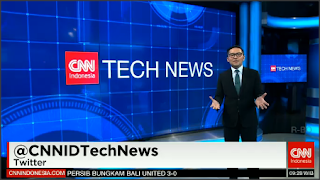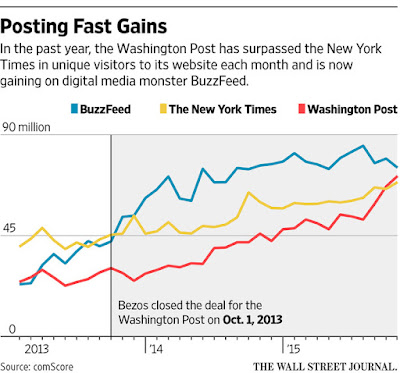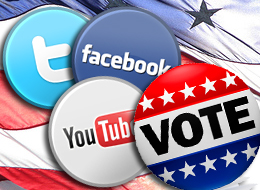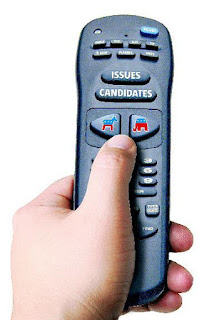Televised Debates have become the centerpiece of the presidential campaign. All throughout the history of debates, they have brought in a high number of viewers. The first televised debate between Kennedy and Nixon almost 50 years ago was watched my 70 million people. Ever since its invention, the television has had a growing importance of television in politics. Some say the televised debate was the reason Nixon lost the presidential election, because he was not as comfortable in front of the camera and audience like Kennedy was and that he performed badly. However, Nixon was favored over Kennedy by radio listeners, so his presence and comfortability with television might have been behind his down fall in the election.
 With the enormous amount of viewers watching presidential debates, a slip-up on live air during a debate could have a significant negative impact on a candidates campaign. In this day and age, it seems that presidential candidates must be somewhat of who are comfortable in front of a camera or else they are doomed, which is something that was discussed in our text. Actors or performers almost have an advantage today's world because they are used to that type of exposure. Examples of this are Ronald Regan and Arnold Shwarzennager who were both actors before they became successful politicians.
With the enormous amount of viewers watching presidential debates, a slip-up on live air during a debate could have a significant negative impact on a candidates campaign. In this day and age, it seems that presidential candidates must be somewhat of who are comfortable in front of a camera or else they are doomed, which is something that was discussed in our text. Actors or performers almost have an advantage today's world because they are used to that type of exposure. Examples of this are Ronald Regan and Arnold Shwarzennager who were both actors before they became successful politicians.*News Article: https://www.economist.com/blogs/graphicdetail/2016/09/daily-chart-19















